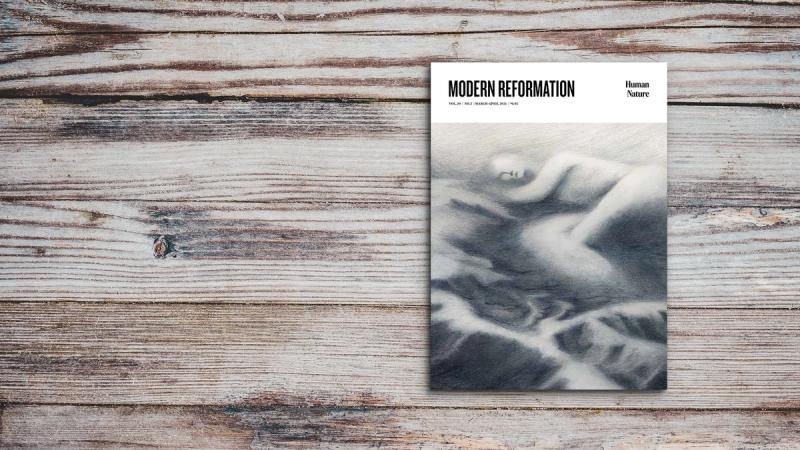The adventures of the title character of Sophie’s World by Jostein Gaarder begin when she receives a small envelope in the mail one day. Inside are written only three words, but three words that pose the profound question: Who are you? It is a question at once so existential and theoretical, so basic yet ornate, that it permeates the history of humanity. Inscribed on temples, debated in political assemblies, enacted in religious rituals, pondered by both philosopher and ploughman alike, this question begets both wonder and crisis. In the Christian tradition, this question is always posed and pondered consequent to the yet more fundamental question of God. Who we are can be answered only by reference to the one who is and who, from the fullness of his love, gives so that creatures may be. Humans are creatures whose nature, existences, and histories are gifts.
This basic Christian confession does not so much answer the question—who am I?—but gives our search for the answer a particular Christian shape. Understanding our creatureliness and our history as both fallen and redeemed invites us further to plumb the depths of this question. And so, we ask our more specific questions, and each new step fills out the contours of our creatureliness, our fallenness, our redemption. In this issue, we ask some of those further questions, prompted in large part by our culture’s ongoing (and painful) probing of human identity.
How did we get to this place—the place of the liquid self—where human nature is viewed as an old-fashioned, needlessly limited, and oppressive concept? This is what Carl Trueman asks in his latest and highly acclaimed book, The Rise and Triumph of the Modern Self. For this issue, MR contributor Timon Cline interviews Dr. Trueman on his findings to this vital question.
In contrast to the plasticity of sexuality and gender championed in our culture, the biblical witness teaches us that God created humanity in his image, both male and female. There are, of course, many implications and much wisdom to be drawn from this instruction, which Rachel Green Miller explores in our second feature.
As contemporary debates about who we are reach a near-feverish pitch, transhumanist speculations about who we may become likewise strain the imagination toward its upward limits. In our third feature, Dr. Stefan Lindholm examines this movement, what it is, and how Christians should think about it.
Our final feature attends to the question of human nature as fallen. In it, Phillip Hussey offers an analysis of the sin of sloth. Though traditionally the sin of hubris takes pride of place as the root from which all other sins sprout, Hussey shows that sloth is the other side of the sin coin.
We pray that these exercises in faith seeking understanding will lead us from the question posed by the psalmist, “What is man?” to the answer given by the writer to the Hebrews, “But we do see Jesus.”
Joshua Schendel executive editor






